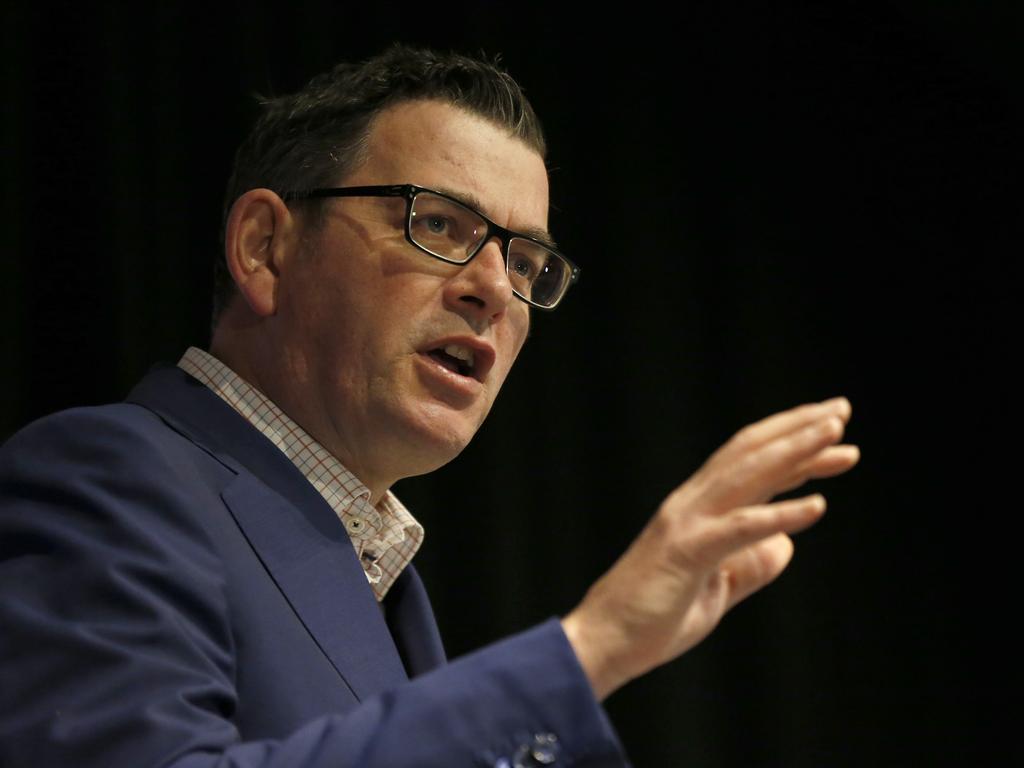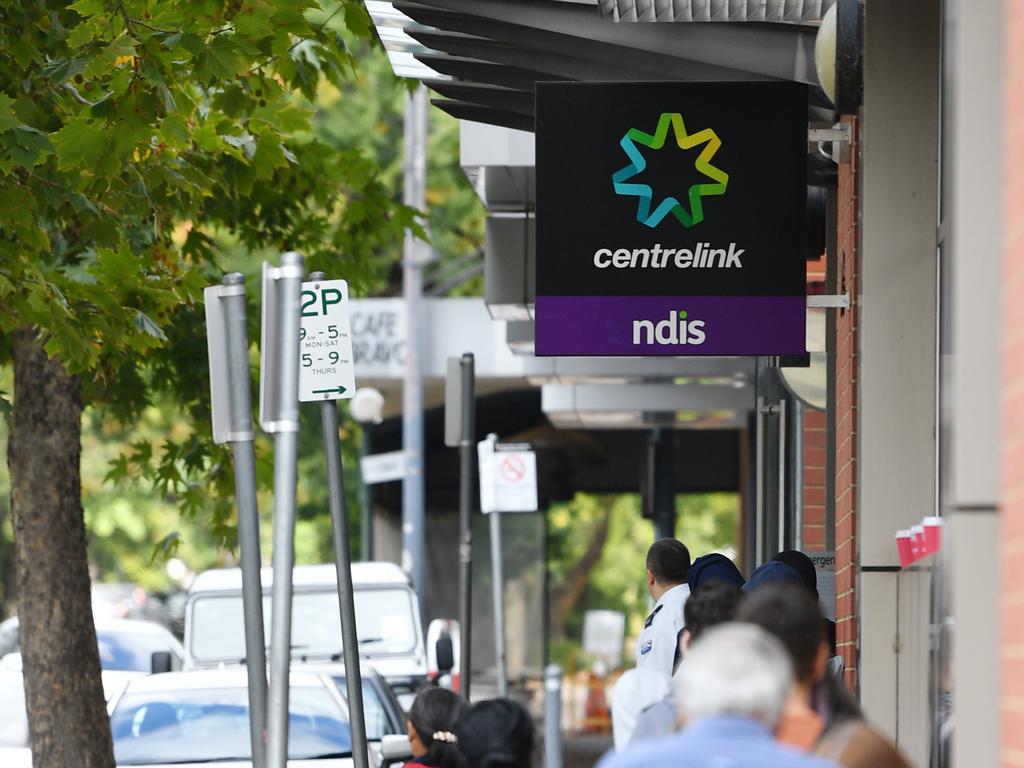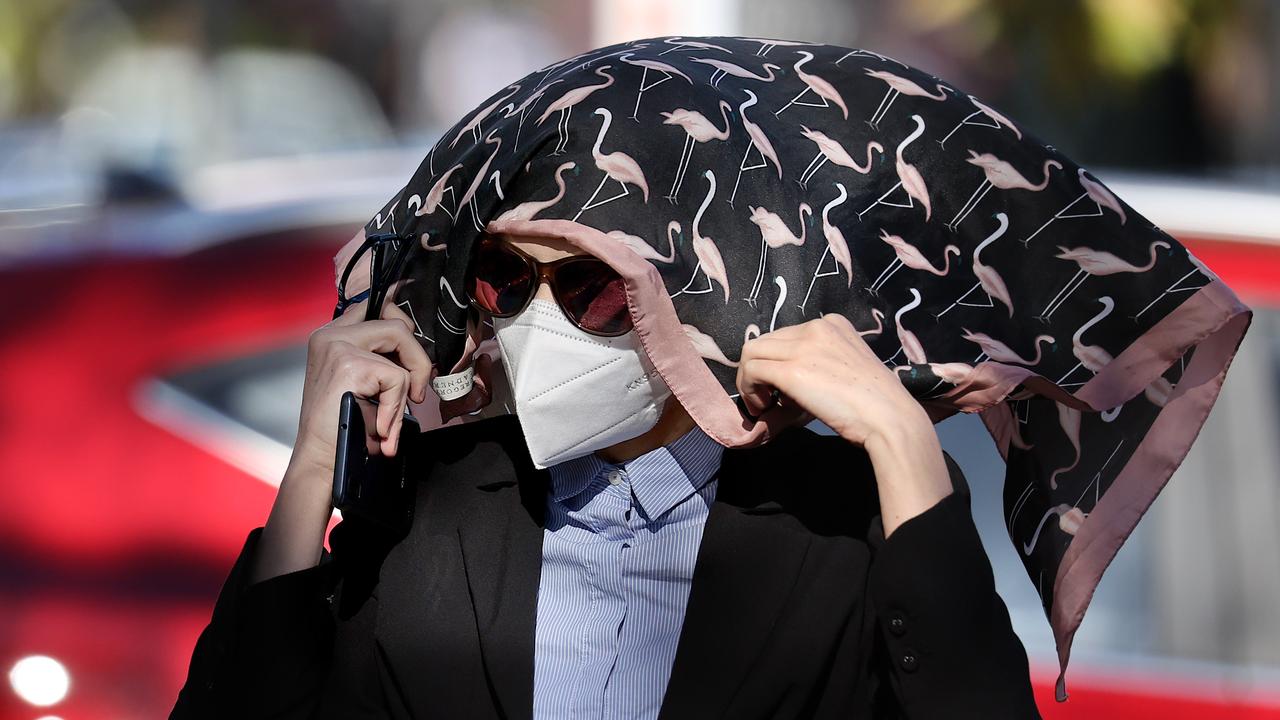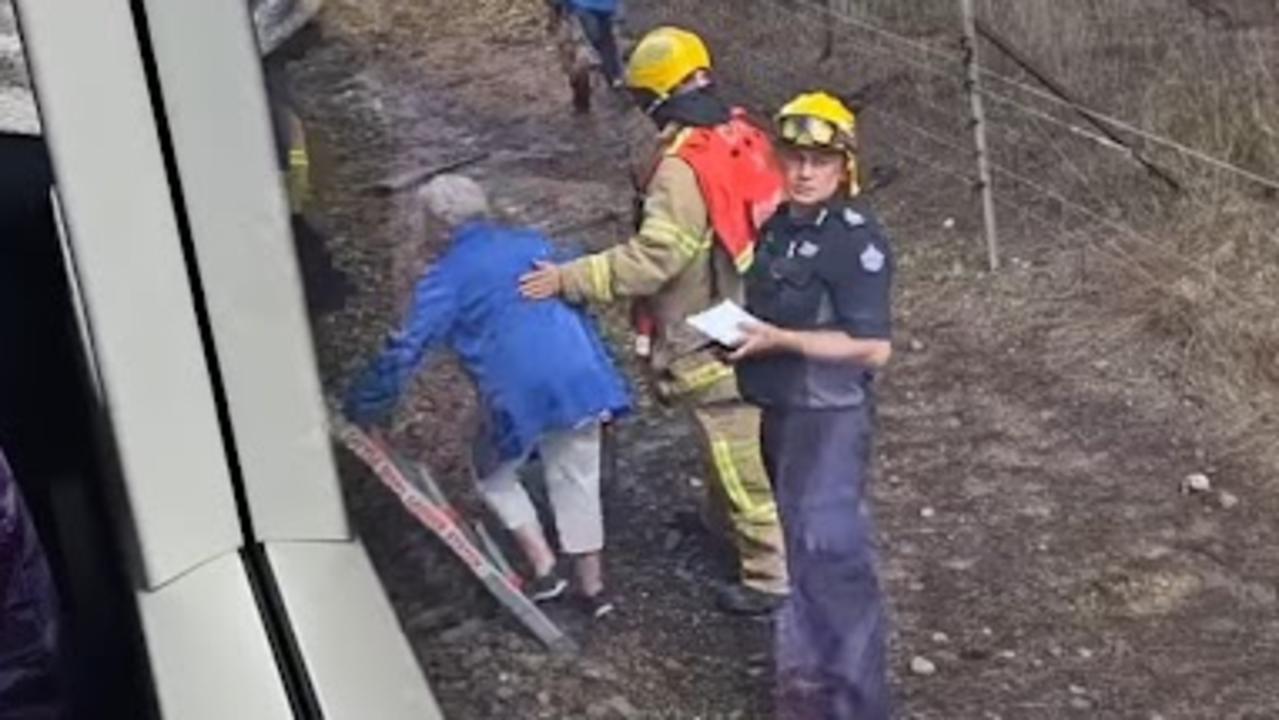‘It’s so unfair’: Melbourne man stood down from work because he lives in ‘hot spot’
A man living in one of Melbourne’s COVID-19 “hot spots” says he lost not one but two jobs after employers found out where he lived.

“It’s just not fair. This is my only income.”
Those are the words of a man from one of Melbourne’s COVID-19 “hot spots” who lost a job in the hospitality industry because his employer was worried about the suburb he lived in.
The man, who spoke on condition of anonymity, lives in a local government area which was earlier this week named as one of six Victorian hot spots where the coronavirus is spreading via community transmission.
Victorians living outside those areas have been strongly encouraged to avoid travel to identified hot spots but chief medical officer Brendan Murphy said authorities do not want people living in hot spots to be prevented from working.
The man, who has a family to support and no other source of income, told news.com.au he lost his job in March when the business he worked for was forced to close.
RELATED: Follow the latest coronavirus updates
RELATED: Can you refuse to return to work?

He got work through an agency as a full-time casual two months ago that required him to travel from home to the Melbourne CBD for work.
But last week, when cases of COVID-19 started climbing in his local area, he was told his employer did not want him anymore.
“There’s no such directive currently in place allowing employers to discriminate against folk simply for where they live,” he said. “Not yet anyway, so I am pretty upset, it’s so unfair. It’s discrimination, right?”
His workplace told him they were following advice from the Australian Health Protection Principal Committee “that people in affected areas should limit travel”.
“It makes no sense as when we started we were given a letter stating we are essential services in case the police questioned us in our travels to and from work,” the man said.
“And there’s no actual enforceable directive from the public health officer saying we can’t go to work. It’s straight out discrimination.”

He said other family members also work in the hospitality industry and “none of us are eligible for anything” from Centrelink.
He said he had been “way more careful than most folk” in terms of maintaining social distancing “because we can’t afford to get sick”.
The man’s case is one of up to 100 similar cases. The Age reports a large labour hire firm supplying contractors to Centrelink told workers living in the COVID-19 hot spots they would be stook down in a directive issued by Services Australia, Centrelink’s parent company.
Services Australia general manager Hank Jongen issued a statement about the workers who had been affected.
“These staff have been advised to stay at home while we review and adapt to the latest health advice and prevent unnecessary movement in and out of those areas,” he said.
It is not clear when or if staff impacted by the decision will be allowed to return to work.

It comes as cases of COVID-19 in Victoria continue to climb. Yesterday, Victoria recorded 33 new cases, the biggest day-on-day rise since April 7.
“We will see these numbers go up in coming days,” Premier Daniel Andrews said. “That will be a measure of the work that we’re doing, a measure of the success of this strategy.
“Now, we might all be very pleasantly surprised – test literally entire suburbs and not get many positive cases. That would be a great problem to have. But I am indicating to you, I think that we will see more cases.”
His government is undertaking a testing blitz of 100,000 people across the Melbourne suburb hot spots, which are Keilor Downs, Broadmeadows, Albanvale, Maidstone, Sunshine West, Brunswick West, Hallam, Fawkner, Reservoir and Pakenham.
Over the weekend, the Andrews Government identified local government area hot spots in Melbourne’s north and southeast – Brimbank, Hume, Darebin, Moreland, Casey and Cardinia.
Have you lost your job because you live in a COVID-19 “hot spot”? Email rohan.smith1@news.com.au or contact me on Twitter @ro_smith
Read related topics:Employment




